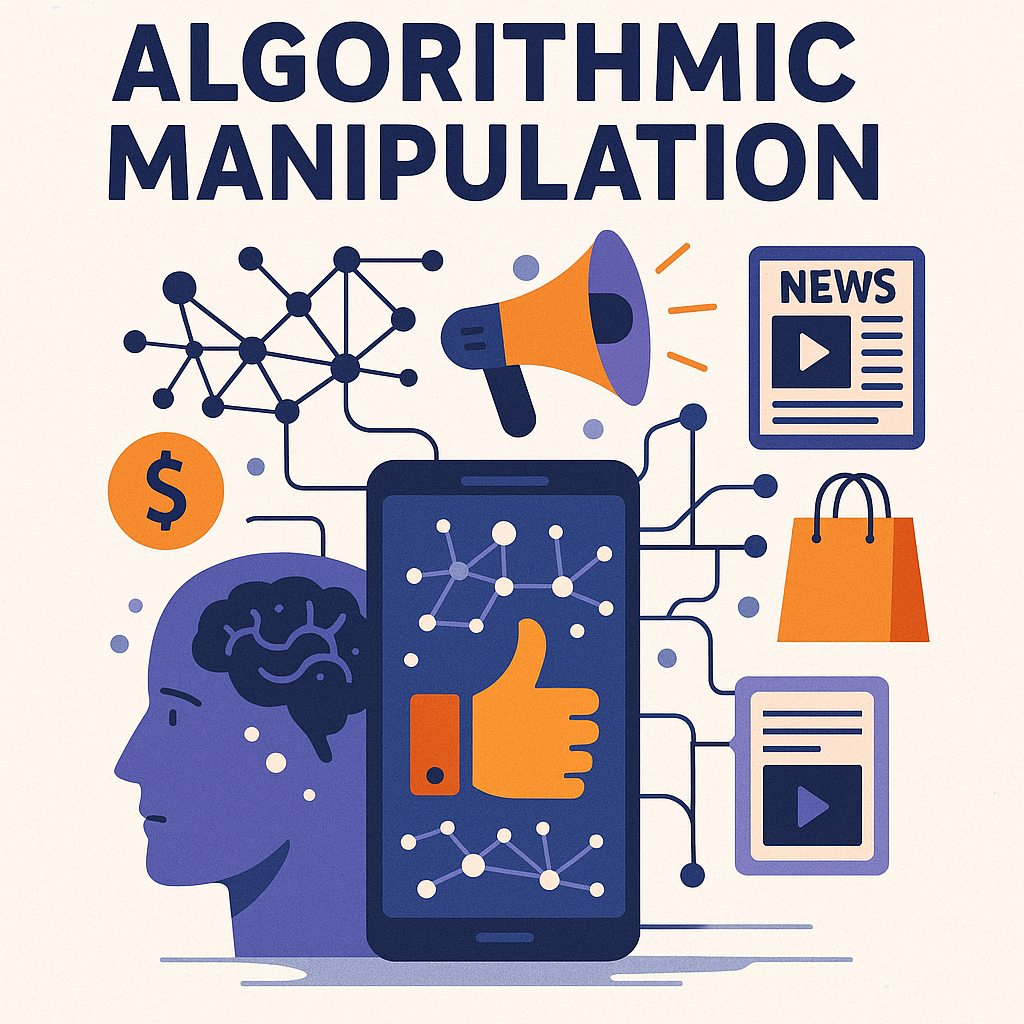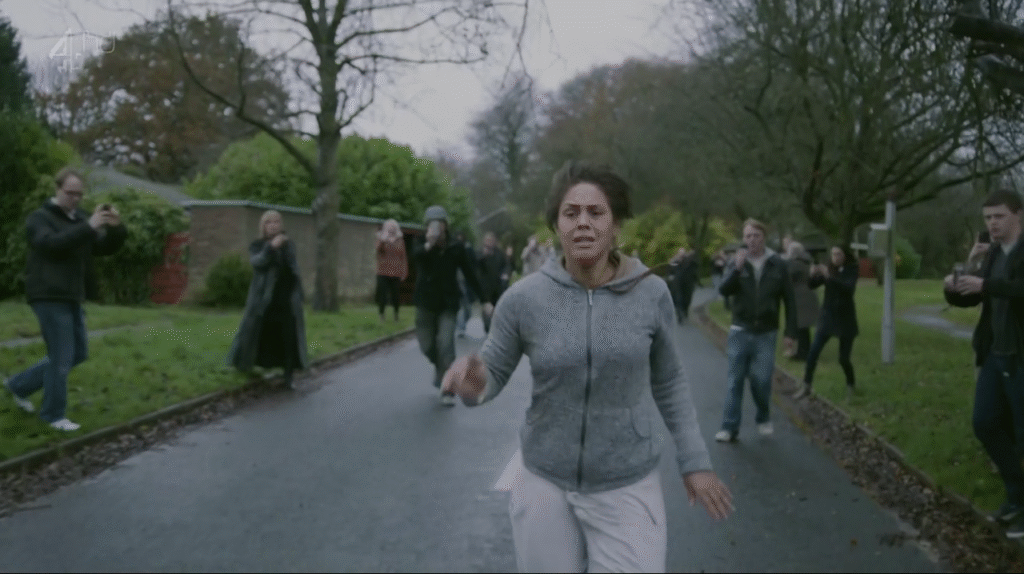Before writing this article, I began reflecting on who is truly interested in monitoring us today — in the 21st century, the age of invisible surveillance. I realized that we still tend to hold a rather traditional view on the subject. When we think about security, what comes to mind are street cameras, patrolling police officers, or security guards at store entrances — all visible symbols of protection. But does this conception still make sense today? Is this kind of overt policing — mostly rooted in punitive logic — still as dominant as we imagine?
Control is no longer centralized: it’s spread throughout society in the form of invisible surveillance
We live in the age of invisible security — a time in which we are protagonists of a curious phenomenon: even without knowing (and often without wanting to know) that we are being watched, surveillance is present and quietly spreading through nearly omnipresent technologies. It’s a society that is almost utopian, almost straight out of Brave New World — with a government that operates like a great Big Brother, ready to appear and point out a crime.
“To function, this power must acquire the instruments for permanent, exhaustive, omnipresent surveillance, capable of making everything visible while remaining itself invisible.”
— Michel Foucault, Discipline and Punish
There has been a reversal in the logic of control. Today, there is a tendency — and I believe even a need — to make ourselves “visible.” We share information about ourselves almost constantly: subtly, when filling out forms; or blatantly, on social media platforms like Facebook, Instagram, Twitter, and YouTube. This exposure seems rooted in our DNA — and we feel a strange urge to maintain it.
The role of “watching” has been decentralized. The camera, the police officer, the security guard — the “device” that monitors us — has lost its formal identity. What used to be an almost exclusively State function in the 20th century is now diffused throughout society and growing at an exponential rate.
We are perfect for the role of watchmen — can you see it?
So then, could it be that the true triumph of freedom today… is anonymity?

The phenomenon of self-exhibition has merged with the insatiable urge to rate everything we know.
We’ve become dedicated to spending our days “evaluating” everything: liking photos, writing comments, updating our personal information, and visiting websites eager to collect leads (like e-commerce platforms, banks, sellers, etc.). We spend our time assessing situations, people, and — in doing so — constantly giving away clues about who we are: perfectly invasive.
Invisible Surveillance
The phenomenon of self-exposure has merged with our insatiable desire to evaluate everything around us. We spend our days “liking” photos, commenting on posts, updating personal details, and browsing websites whose main goal is to collect data (e-commerce platforms, banks, vendors, and so on). We’re constantly giving away pieces of our identity — and doing so voluntarily. We’ve become both the watchers and the watched.
Surveillance Disguised as Business Intelligence
You do half a dozen Google searches for a state-of-the-art blender you want to buy to make pancakes, go to sleep, and suddenly wake up bombarded by ads for blender deals as soon as you’re back online. Bingo! Just a few searches trigger a whole tracking chain: cookies, tracking pixels, and recommendation algorithms kick into action immediately. What seems like a simple search turns into a behavioral signal. From that moment on, digital surveillance systems begin to follow you continuously — mapping your consumer profile, interests, and even your routines.
This kind of surveillance is subtle — it doesn’t explicitly ask for permission and often goes unnoticed. But it’s powerful. It not only records what you do; it attempts to anticipate your desires, shape your decisions, and influence your behavior through extreme personalization, especially in advertising.
What’s left after all this?
1. Social Standardization

Standardizations are frightening. Society, as it self-regulates, also self-limits. What guarantees complete effectiveness is the fact that we become the police officers (because we watch), the judges (because we punish), the prisoners (because we immobilize ourselves), and the prison guards (because we ensure the continuity of the prison). This creates a trend: our opinions and beliefs tend to remain the same, since “disagreeing” is reason enough not to be “approved.”
2. Algorithmic Manipulation

One of the greatest dangers of modern surveillance is algorithmic manipulation. Digital platforms, armed with our data, not only observe our behaviors but also decide what we will see next. They choose which news reaches us, which videos appear in our feed, and even which products will spark our desire. The algorithm, invisible and silent, shapes opinions, reinforces pre-existing beliefs, and creates digital bubbles where we only see what confirms our worldview. This is not just surveillance—it is social engineering disguised as convenience.
3. Algorithmic Racism
A continuation of the previous point: surveillance technology is sold as neutral — but it isn’t. From the moment it is socially constructed through direct and personal judgments, it learns from biased data and reproduces historical inequalities. Black and marginalized people are more heavily surveilled, more frequently suspected, and more often criminalized — not because of actual risk, but due to encoded prejudice. Algorithms make more mistakes with Black faces, classify behaviors in biased ways, and reinforce control over those who are already under constant surveillance.
In this case, the promise of security has both a color and a class. And it excludes.
4. The society of the spectacle

Simple stories don’t generate stars, and that doesn’t match our vanity. So, what we do to satisfy our hunger is not harmless, especially behind computers and cell phones. Today, there is a reporter behind every cell phone. And each one reports information according to their convictions, beliefs, judgments, morals, etc.

